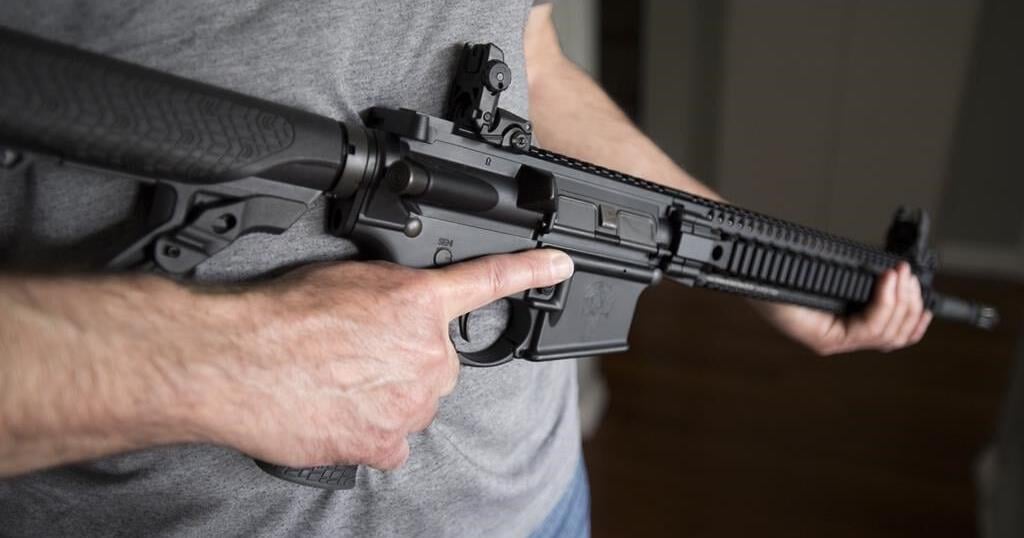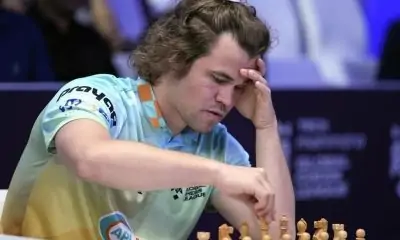PARIS – The Canadian Olympic Committee says a “non-accredited” member of Canada Soccer’s support team has been detained by French authorities in Saint-Étienne for allegedly using a drone to record New Zealand’s women’s soccer team during practice.
The New Zealand Olympic Committee said in a statement Tuesday that team support members alerted police after a drone was flown over the women’s soccer team’s practice on Monday, leading to the detention.
The NZOC said it registered a complaint with the International Olympic Committee’s integrity unit and asked Canada for a full review.
The COC said in a statement released Tuesday it is “shocked and disappointed” over the allegation and apologized to the NZOC and New Zealand Football.
“The Canadian Olympic Committee stands for fair-play and we are shocked and disappointed,” the statement said. “We offer our heartfelt apologies to New Zealand Football, to all the players affected, and to the New Zealand Olympic Committee.”
Canada, the defending Olympic women’s soccer champion, is scheduled to open its tournament against 28th ranked New Zealand on Friday in Saint-Étienne.
The COC said it is reviewing next steps with the IOC, Paris 2024, Canada Soccer and FIFA. The COC said it will provide an update Wednesday.
“Canada Soccer is working closely and cooperatively with the Canadian Olympic Committee on the matter involving the Women’s National Team,” Canada Soccer communications chief Paulo Senra said it a statement. “Next steps are being reviewed with the IOC, Paris 2024, and FIFA. We will provide an update (Wednesday).”
It’s not the first time a Canadian soccer team has been involved in a drone controversy involving an international rival’s training session.
In 2021 at Toronto, Honduras stopped a training session ahead of its men’s World Cup qualifier against Canada after spotting a drone above the field, according to reports in Honduran media. The teams played to a 1-1 draw.
French security forces guarding Paris 2024 sites are intercepting an average of six drones per day, Prime Minister Gabriel Attal said Tuesday.
Attal added the drones are often operated by “individuals, maybe tourists wanting to take pictures.”
“That’s why it’s important to remind people of the rules. There’s a ban on flying drones,” he said, according to multiple news outlets.
“Systems are in place to allow us to very quickly intercept (drones) and arrest their operators.”
This report by The Canadian Press was first published July 23, 2024.






















